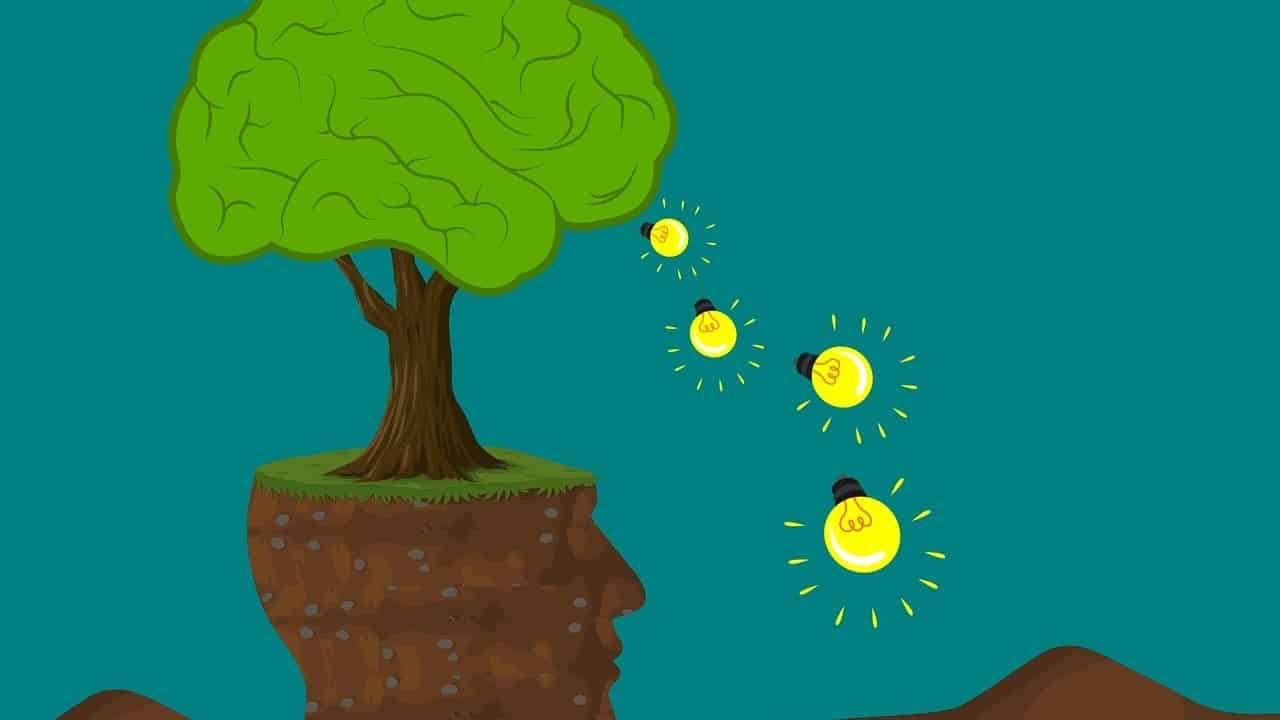The Feast of Unleavened Bread 2023 is a significant religious observance that holds significance for those who follow the traditions of Judaism. It is essential to understand when this feast will take place, as it carries profound cultural and spiritual meaning for many individuals. In this article, we will explore the dates and significance of the Feast of Unleavened Bread in 2023.
1. Understanding the Feast of Unleavened Bread
Before delving into the specific date of the Feast of Unleavened Bread in 2023, it is crucial to have a basic understanding of this religious observance. The Feast of Unleavened Bread is an ancient tradition that traces back to biblical times. It is a seven-day period where individuals abstain from eating leavened bread and other products containing leaven. The feast serves as a reminder of the hasty departure of the Israelites from Egypt, where they did not have enough time to let their bread rise.
This significant festival begins immediately after the celebration of Passover, where the sacrifice of the Paschal lamb is commemorated. The Feast of Unleavened Bread holds immense spiritual and historical importance for those who observe it, symbolizing freedom, redemption, and the journey towards a better future.
2. Determining the Date of the Feast
The date of the Feast of Unleavened Bread varies each year, as it follows the Hebrew calendar, which is based on lunar cycles. To determine the specific date for 2023, we need to refer to the Hebrew calendar and identify the corresponding month and day.
In the year 2023, the Feast of Unleavened Bread is projected to occur from the evening of April 5th until the evening of April 12th. It officially begins at sundown on the 15th day of Nisan, according to the Hebrew calendar. This date may vary slightly depending on the sighting of the new moon, as the Hebrew calendar incorporates lunar observations.
3. Observances and Practices during the Feast
During the seven days of the Feast of Unleavened Bread, there are various practices and observances that individuals undertake to honor this important occasion:
- Removing leavened products: To observe the commandment of refraining from leavened bread, individuals embark on a thorough cleaning of their homes to remove any traces of leavened products.
- Feasting on matzah: Matzah, an unleavened bread, becomes the staple food during this period. It symbolizes the haste in which the Israelites left Egypt and serves as a reminder of the deliverance from slavery.
- Special meals and commemorations: Families gather to share festive meals, recount the story of the Exodus, and engage in prayers and other religious rituals.
4. The Significance of the Feast
The Feast of Unleavened Bread holds immense significance within the Jewish community, representing key aspects of faith, history, and cultural identity. Some of the notable meanings associated with this feast include:
- Freedom and redemption: The Feast of Unleavened Bread symbolizes liberation from slavery in Egypt and the attainment of freedom.
- Renewal and purification: The avoidance of leavened products signifies a spiritual cleansing and starting anew, leaving behind negative influences or habits.
- Unity and family bonding: The celebration of the feast brings families together, fostering a sense of unity and reinforcing the importance of heritage and traditions.
5. Impact of the Feast of Unleavened Bread
The Feast of Unleavened Bread 2023 serves as a time of reflection, remembrance, and celebration for those who follow the Jewish faith. It serves as a link to ancient traditions, connecting individuals to their historical roots and fostering a deep sense of cultural identity. By understanding the dates and significance of this feast, people can engage in respectful observation and appreciation of the rich heritage associated with the Feast of Unleavened Bread.
